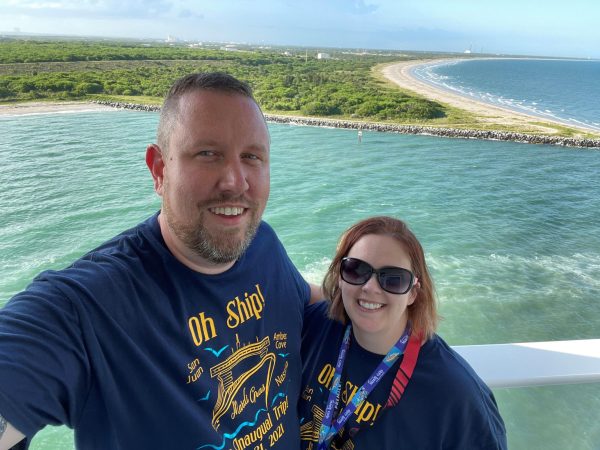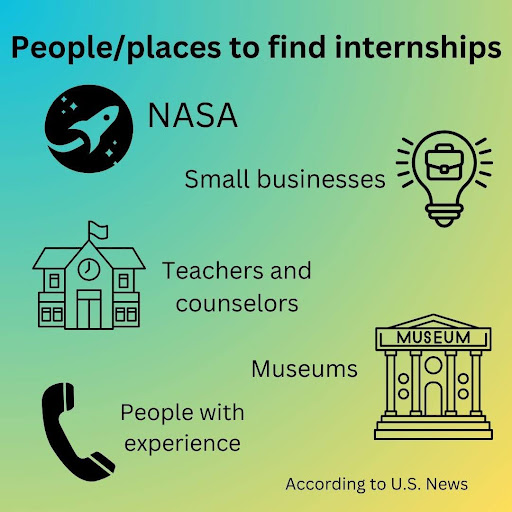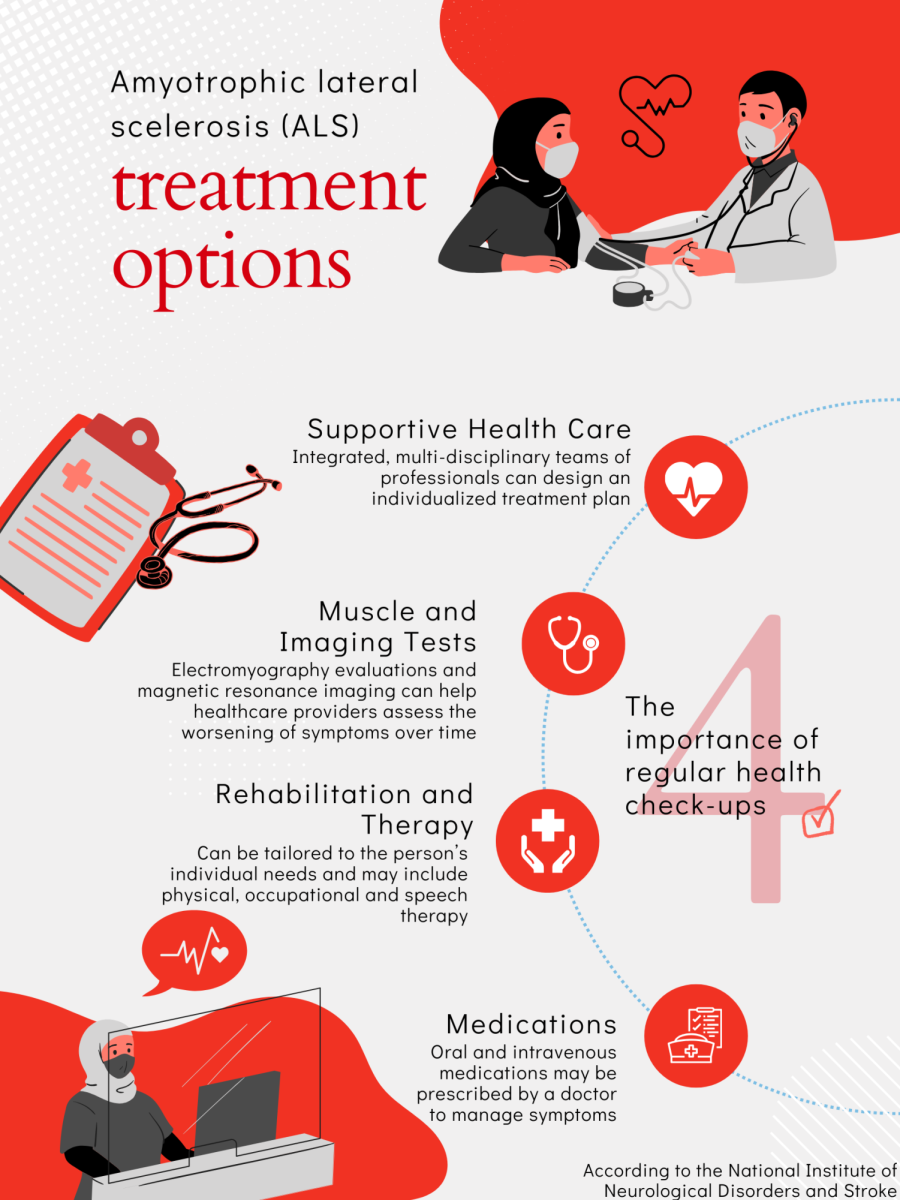
When Special education and biology teacher David Dewett moved away from the swampy marshes of Florida, he found that the scenery in Virginia wasn’t the only thing that was different. In fact, from lab resources to simple teacher collaboration, Dewett’s teaching experience turned upside down.
Dewett was prompted to move after finding out his son was diagnosed with autism. He felt the resources he had weren’t sufficient.
“He got a lot more services in Fairfax that helped him turn into a really amazing student,” Dewett said. “Those programs didn’t exist in Florida.”
Dewett also found more classroom supplies to aid students. During Dewett’s time in Florida, schools didn’t have as many materials to do labs as FCPS does.
“When I came here, it was just like, ‘oh, here’s supply closets full of lab equipment and lab quests,’” Dewett said.
Dewett was also used to more independency when it came to teaching curriculum, making lesson plans and coming up with ideas for labs. In FCPS, he says, teachers in the same department work in teams, coming up with common assessments and such.
“I think in the end, the resources and the collaboration that happens here does help to make a better education,” Dewett said.
One of the major changes for Dewett, however, was teacher qualifications. In Florida, a lot of teachers didn’t have master’s degrees, while almost every teacher has one in Virginia. Dewett says that when he came here, it was a shock to people that he didn’t have a master’s degree.
“People were like ‘what?’” Dewett said. “And so I was like ‘oh, I need to get my master’s degree.’”
Used to powering through on his own, Dewett has made the transition to collaborating with those in the same boat when teaching.
“In Florida, I feel like the teachers just kind of were on their own,” Dewett said. “I was just told, ‘okay, you’re teaching biology. Have fun…’ I think it made me a better teacher because…at first, it felt forced, but you work together with other teachers and you learn things from other people, like other ideas, different lab activities.”
Florida also played a huge role in shaping Dewett’s teaching methods. A lot of students came and left where he taught in Florida. Many of those that transferred to Dewett’s school were new to the country and didn’t speak English. For some, their formal education could have been even less.
“They might not have gone to all of the years in elementary or middle school,” Dewett said. “It kind of forced teachers to learn how to change some of the ways we represent information, like adding more visuals and graphics and explicitly teaching vocabulary and stuff like that.”
He still uses the skills he learned, now teaching in a different state. When teaching students who are new to the school or whose first language isn’t English, the methods he used still aid him. However, it doesn’t solely aid him when teaching students with different needs.
“Things that you might do for students that have special needs or things that you might do for English language learners often times are good for all students,” Dewett said. “A lot of students might speak perfectly fine English, but they might be a visual learner. by adding more graphics and visuals, that might be using more hands-on learning and such. Yes, I do think it can help just the general learner, too.”








